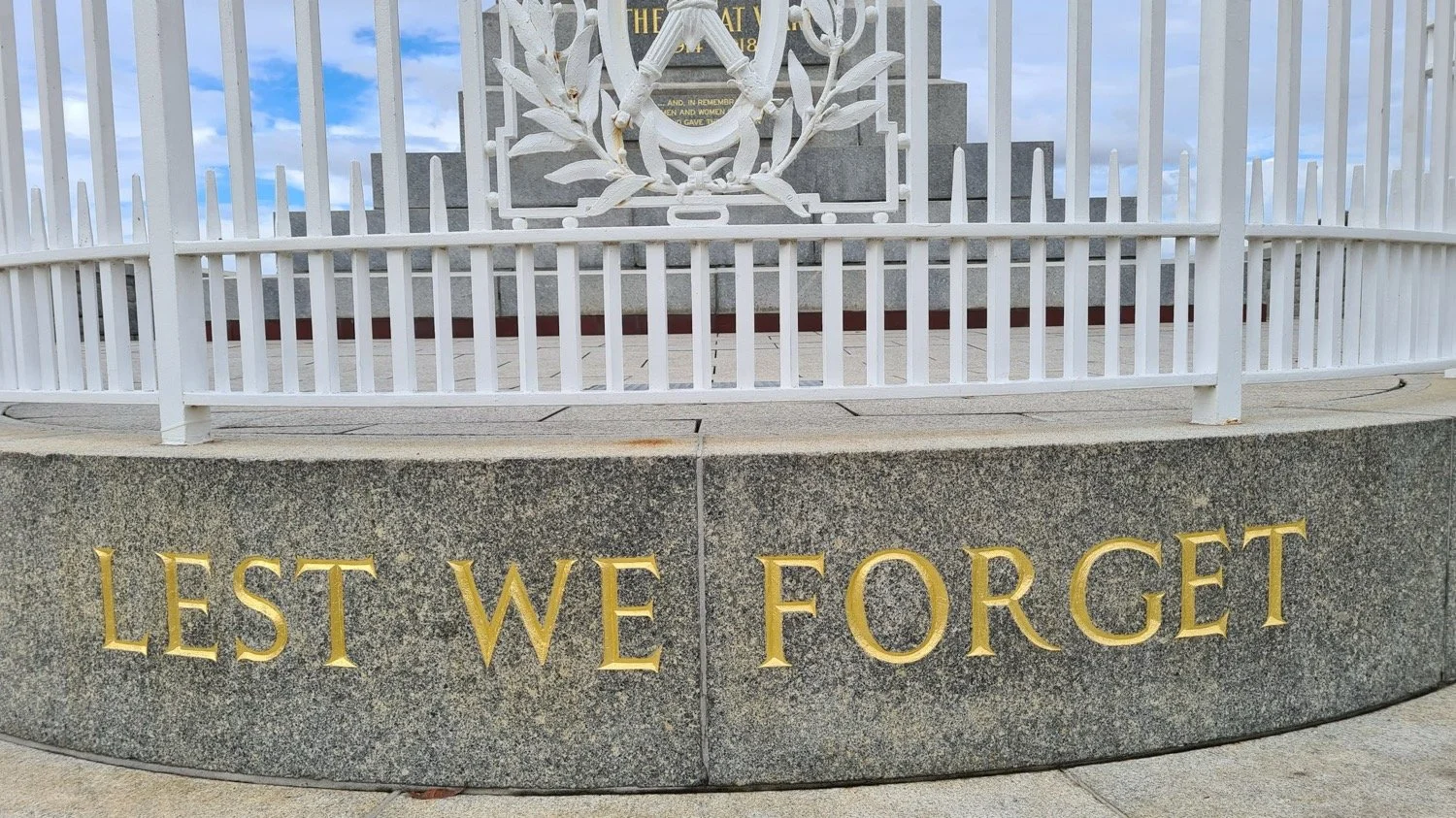Readings for the day: Esther 6-10
At a fundamental level, Esther is a story of divine reversals. God turning things on their heads in order to save His people. Mordechai is lifted up. Haman is brought low. Esther becomes Queen after Vashti is deposed. The Jewish people go from mourning to joy. From defeat to victory. From death to life almost overnight. Purim is inaugurated to commemorate the incredible miracle of God’s deliverance and many Jews believe this is the one festival they will continue to celebrate even after Messiah comes.
It is impossible to imagine the emotions behind such a dramatic turn of events. One moment, you are cowering in your home in fear as the mob gathers to bring death and destruction. Local authorities are no help. In fact, they are leading the charge at the king’s order. I think of my African-American friends who tell stories from their own family histories about the lynchings they witnessed during the Civil Rights struggle of the 20th century. I think of my South Sudanese friends who live in fear of violent retribution by their own government. I think of my Somali friends who are planting churches under the shadow of Islamic extremism. They know this fear well. It is a constant companion. I think of the women I’ve met who’ve suffered abuse, sexual or physical or otherwise. They often feel trapped and alone and afraid. I think of the children I’ve met who’ve been violently treated within their own family. I have seen the same fear in their eyes. It is crippling. It is paralyzing. It is dreadful.
But then a new edict is read! A new proclamation is issued! Freedom! Deliverance! Salvation! Think of the joy the Persian Jews, living in the midst of a hostile, pagan empire must have felt! They were not helpless! They were not alone! God had raised up a deliverer! A savior! A messiah! In the person of Esther. In the person of Mordechai. God was acting anew to protect His chosen people. Now think of the joy that accompanied the Emancipation Proclamation or the Civil Rights Act or the election of President Obama in our own time. Think of the joy that accompanied the permanent cease-fire agreement in South Sudan. (The terms of which where unfortunately violated almost immediately...) Think of the joy that comes when entire villages are saved by the gospel and delivered from the influence of Islamic extremism. Think of the joy that comes to a woman when she finally finds the courage to leave her abuser, seek healing and help, and start a new life. Or the joy that comes to children as they experienced love for the first time. These too are Purim.
And what about your life? What about the bondage you have faced or currently are facing? Is it addiction? Is it slavery to sin of some sort? Is it the darkness of depression? The painful affliction of a mental, emotional, or physical illness? Where do you need deliverance today? Where do you need a savior? In what corners of your heart do you still cower in fear? Afraid of what tomorrow may bring? Le Esther give you hope! Even at the 11th hour, God is still working to bring salvation!




